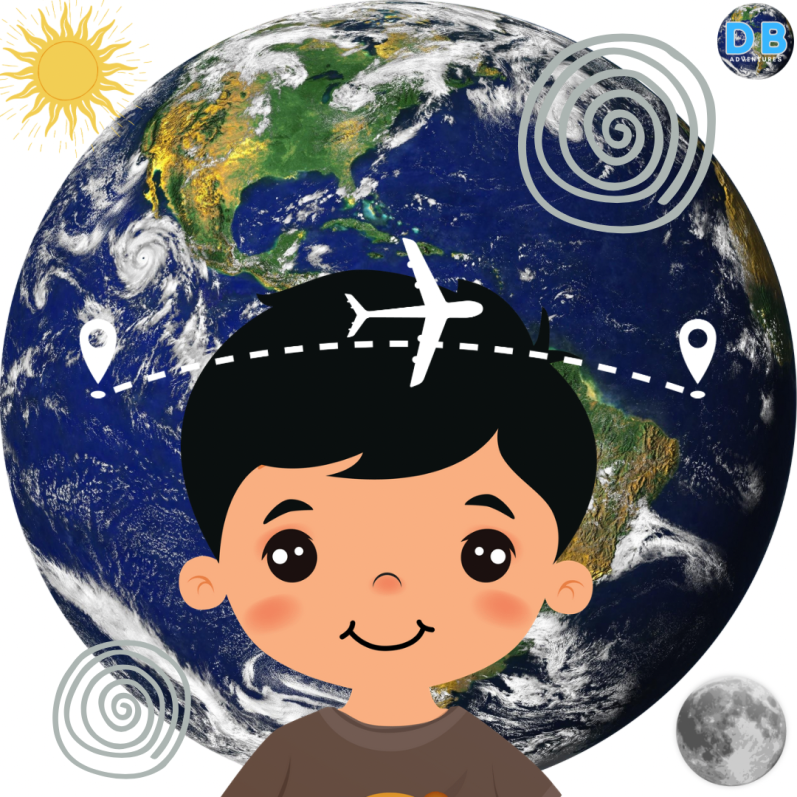How to survive Jet Lag
Jet Lag as soon as you land? Not any more...
So what actually is Jet Lag? To put it simply, it's a temporary sleep issue that affects people who travel quickly across different time zones. It occurs when your 24 hour internal clock, medically know as your circadian rhythm does not match the local time zone. So as an example, travelling from the UK to L.A, if you landed at 5pm local time, then your body would think it's actually 1am because of the time difference. So as you can imagine, your body will be very tired and fatigued. This can sometimes take several days or even weeks for your body to adjust; which on a week long holiday, is not ideal.
Symptoms of Jet Lag
- Sleeping issues - it can be difficult to fall asleep when you want to or you might find yourself waking up regularly through the night. It can make you feel drowsy or tired during the day.
- Stomach problems - it can induce stomach problems such as nausea, reduced appetite or even in some severe cases constipation or IBS.
- Weaker physical function - it can cause your body to feel tired and drained, which would affect your peak physical performance.
- Mood changes - it can make you upset, annoyed and reduce your enthusiasm.
Jet Lag usually occurs within one or two days after travelling. Your symptoms are more likely to be worse the further you travel or if you're travelling East it affects your circadian rhythm more so than travelling West. Is there a way to recover from Jet Lag? Definitely. There are many tips we have for you to prevent or recover from Jet Lag.
During your flight
- Keep hydrated - drink plenty of water during your flight.
- Stay active - try to stretch and walk around the cabin regularly if you can.
- Sleep - if it's night time at your destination, then try to sleep during the flight.
After you land
- Stay awake - if you arrive in the daytime at your destination, then try not to sleep until it's evening.
- Avoid alcohol - Try not to drink alcohol or drinks containing caffeine which will disrupt your sleep and keeping you awake all night.
- Melatonin - consider taking melatonin to help regulate your sleep cycle.
- Natural light - daylight will help to regulate your body clock.
In conclusion, Jet Lag can be a challenging aspect of travelling. However, by following our tips, you can help to minimize the effects of Jet Lag and get back to your normal routine as soon as possible. With a little preparation and effort, then you can prevent and recover Jet Lag and enjoy your adventure to the fullest.

We need your consent to load the translations
We use a third-party service to translate the website content that may collect data about your activity. Please review the details and accept the service to view the translations.

